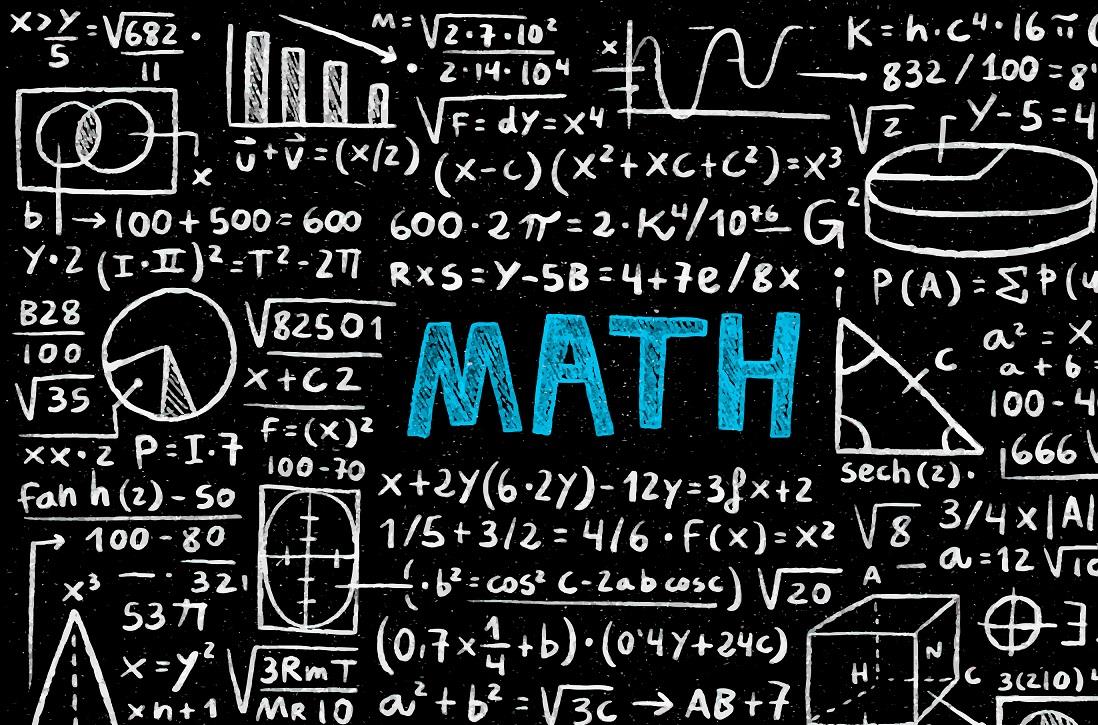(MENAFN- The Peninsula) ayeni olusegun |
The Peninsula
Doha: A Qatar University study led by Prof. Ahmed Abdulrahman Al Emadi, Professor of Psychological Sciences at the College of Education QU, has revealed that many Grade 7 to 12 students suffer from high mathematics anxiety in Qatar.
Prof. Al Emadi has been working with a group of math, science, psychology and engineering scholars on a multidisciplinary project funded by Qatar National Research Fund (QNRF) through their National Priorities Research Program–Cluster (NPRP-C) since January 2021.
According to the study titled“PRP-C Project: Promoting Sustainable Development of K12 STEM Education in Qatar in a Digital Age,” published in the latest issue of Qatar University Research Magazine, around 12,000 students were sampled in the first subproject of the study.
“A large-scale epidemiological study on more than 12,000 students from grade 7 to 12 in a wide range of government schools in Qatar reported that 1 in 5 students suffers from a high level of math anxiety, with a higher prevalence of math anxiety in female students,” the study said.
The study also discovered that high-school students in the“Arts” were found to experience higher levels of math anxiety and science anxiety than those in the“Sciences” track, regardless of the student's gender. Therefore, this suggests that STEM career success requires good knowledge of STEM domains and positive emotions towards math and science.
In the second subproject, researchers sampled K12 Science and Math teachers about implementing STEM through Technological Pedagogical Content Knowledge Framework (TPACK) in Qatar are investigated.
According to the findings, the influence of teachers' contextual and background factors of teachers on their views of the TPACK-PBL in STEM varied depending mainly on the components of TPACK studied. The study also concluded that specialism in education and gender is significant and influential for teachers' views of TPACK-PBL in STEM. On the other hand, teachers' primary specialism and teaching subjects are notable for views of TPACK-PBL in STEM.
The report also revealed that other studies aim to develop and implement a teacher professional development program using PBL pedagogical intervention to support K12 science and math teachers in Qatar to develop TPACK-STEM and to learn how to implement PBL in their teaching practices.
Science, Technology, Engineering, and Mathematics (STEM) education is crucial in achieving Sustainable Development Goals, improving people's lives, and ensuring inclusive and equitable education – central pillars of the Qatar National Vision 2030. The study is significant to the nation's implementation of critical policies because, according to the survey, Qatar still faces significant shortages in STEM education, citing the below-standard performance of Qatari students in international tests, such as the Programme for International Student Assessment (PISA) and Trends in International Mathematics and Science Study (TIMMS).
Meanwhile, Prof. Al Emadi's report stated that a recently commissioned third subproject aims to design, implement and evaluate a technology-enhanced programme utilizing project-based learning for promoting K12 STEM efficacy and career interest. The project aims to present recommendations to policymakers in the Ministry of Education of Qatar, along with a list of designed sustainable technology to be applied in K12 STEM education to improve K12 STEM education.






















Comments
No comment